
7 Health Problems That Can Happen If You Don’t Drink Enough Water
Water is essential for life. It makes up more than half of our body and plays a critical role in every function — from regulating body temperature to flushing out toxins. Yet, many people don’t drink enough water daily. Whether it’s because of a busy schedule, lack of awareness, or simply not feeling thirsty, dehydration is more common than we think. Failing to drink enough water can lead to several health issues — some mild, some serious. Here are 7 health problems that can occur if you’re not drinking enough water.
1. Fatigue and Low Energy
One of the earliest signs of dehydration is tiredness. Without enough water, your blood volume drops, which means less oxygen and nutrients reach your muscles and brain. As a result, you feel sluggish, sleepy, or mentally drained. Drinking water throughout the day helps maintain energy levels and keeps you alert.
2. Constipation
Water is essential for healthy digestion. It helps soften stool and move waste through your intestines. Without enough water, your stool becomes hard and dry, making it difficult to pass. Chronic dehydration is one of the most common causes of constipation, especially in children and the elderly.
3. Headaches and Dizziness
Even mild dehydration can trigger headaches or migraines. When the body lacks water, it can cause the brain to temporarily contract or pull away from the skull, resulting in pain. Dehydration also reduces blood flow and oxygen to the brain, which may lead to dizziness or lightheadedness.
4. Dry Skin and Premature Aging
Your skin needs hydration to stay elastic, smooth, and healthy. Without enough water, it becomes dry, flaky, and more prone to wrinkles. Over time, chronic dehydration can lead to faster skin aging and a dull appearance. Drinking enough water is a natural way to support a glowing, youthful complexion.
5. Kidney Problems
The kidneys are responsible for filtering waste from the blood and removing it through urine. When you're not drinking enough water, the concentration of waste and toxins increases in your body. This puts extra stress on your kidneys and can eventually lead to kidney stones or even kidney damage.
6. Weight Gain and Overeating
Thirst is often mistaken for hunger. People who don’t drink enough water may feel hungry more often, leading to unnecessary snacking and overeating. Also, drinking water before meals can help control appetite and improve metabolism. Proper hydration is a simple but effective weight management strategy.
7. Weakened Immune System
Water helps transport nutrients to cells and flush toxins out of the body. When you're dehydrated, these processes slow down, and your immune system weakens. As a result, you become more vulnerable to infections like the common cold, flu, or even urinary tract infections.
Conclusion
Staying properly hydrated is one of the simplest and most effective ways to protect your health. The recommended water intake can vary depending on your age, weight, climate, and activity level, but a general rule is about 8 glasses (2 liters) per day. Make it a habit to carry a water bottle, set reminders, or infuse your water with fruits to make it more enjoyable. Your body will thank you — one glass at a time.
News in the same category


Heart Surgeon Warns: 4 Foods and Drinks You Should "Always Avoid" to Protect Your Body

12-year-old girl dies of rare cancer—parents noticed worrying sign as she brushed teeth

Just Two Hours of Sitting in Silence May Spark Growth of New Brain Cells, Study Finds
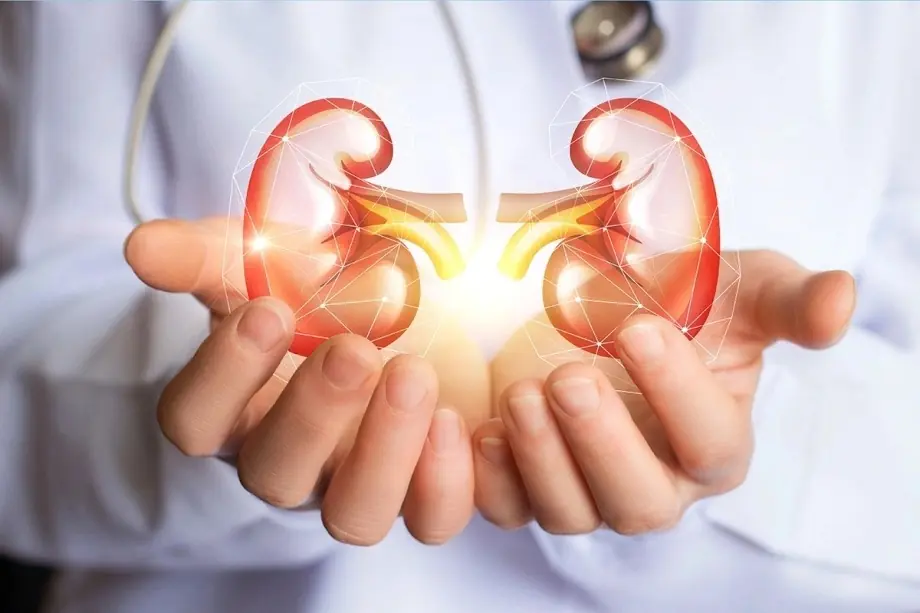
Rising Kidney Failure in Young People: One Harmful Habit Many Are Unknowingly Practicing
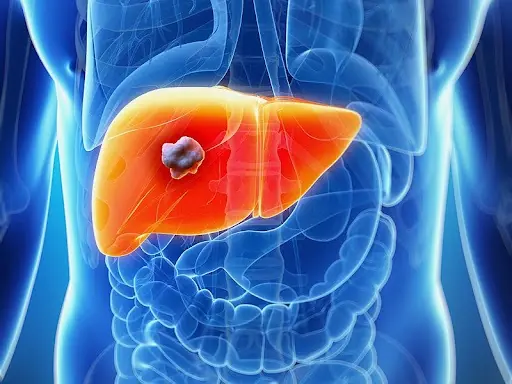
5 Early Signs of Liver Failure: Seek Medical Help Early to Prolong Life – Number 2 Is Especially Common
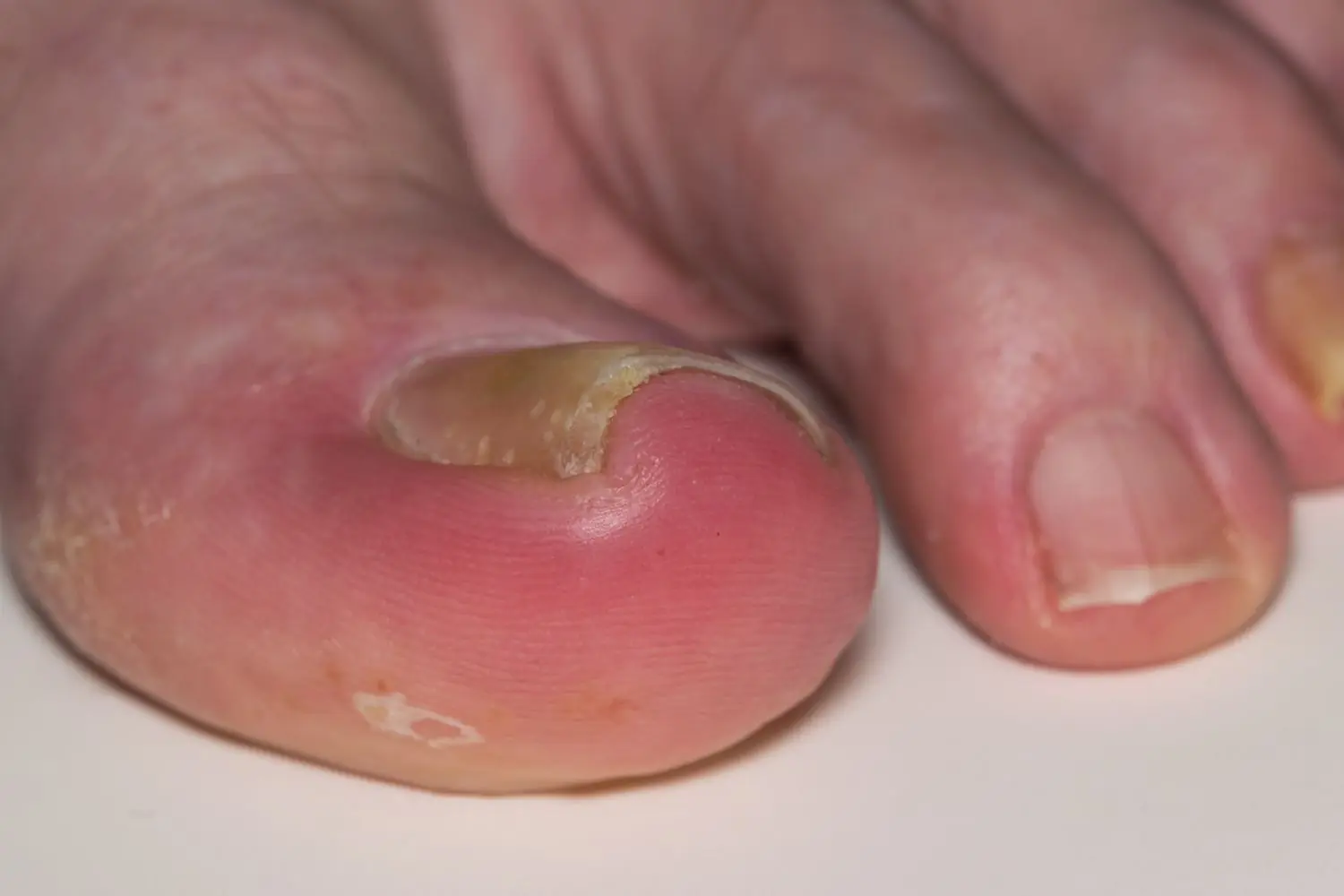
Home Remedies to Treat and Prevent Ingrown Toenails (Onychocryptosis)
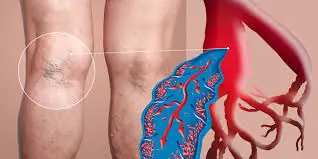
Blood Clot in Leg: Crucial Signs and Symptoms You Can't Afford to Ignore

20 Subtle Cancer Symptoms Many People Miss

Game Changer: New Urine Test Detects Pancreatic and Prostate Cancer Early with 99% Accuracy

Surprising Triggers: What May Be Causing Your Hives (Urticaria)

The Truth Behind ‘Durex’: What Its Name Actually Stands For Has Stunned Many
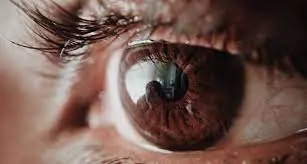
Your Eyes: Windows to Your Health – Uncovering Diabetes and Cancer Through Vision
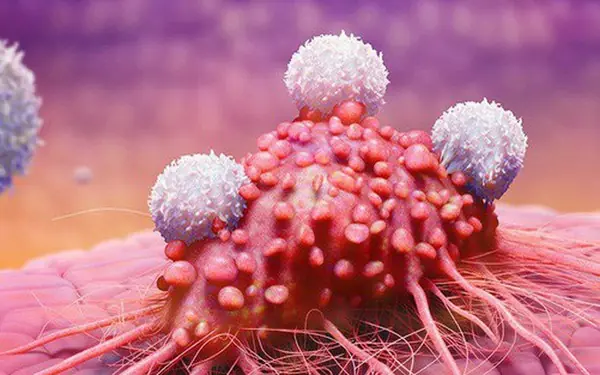
5 Early Warning Signs of Cancer in Children: Parents Must Know to Save Their Child
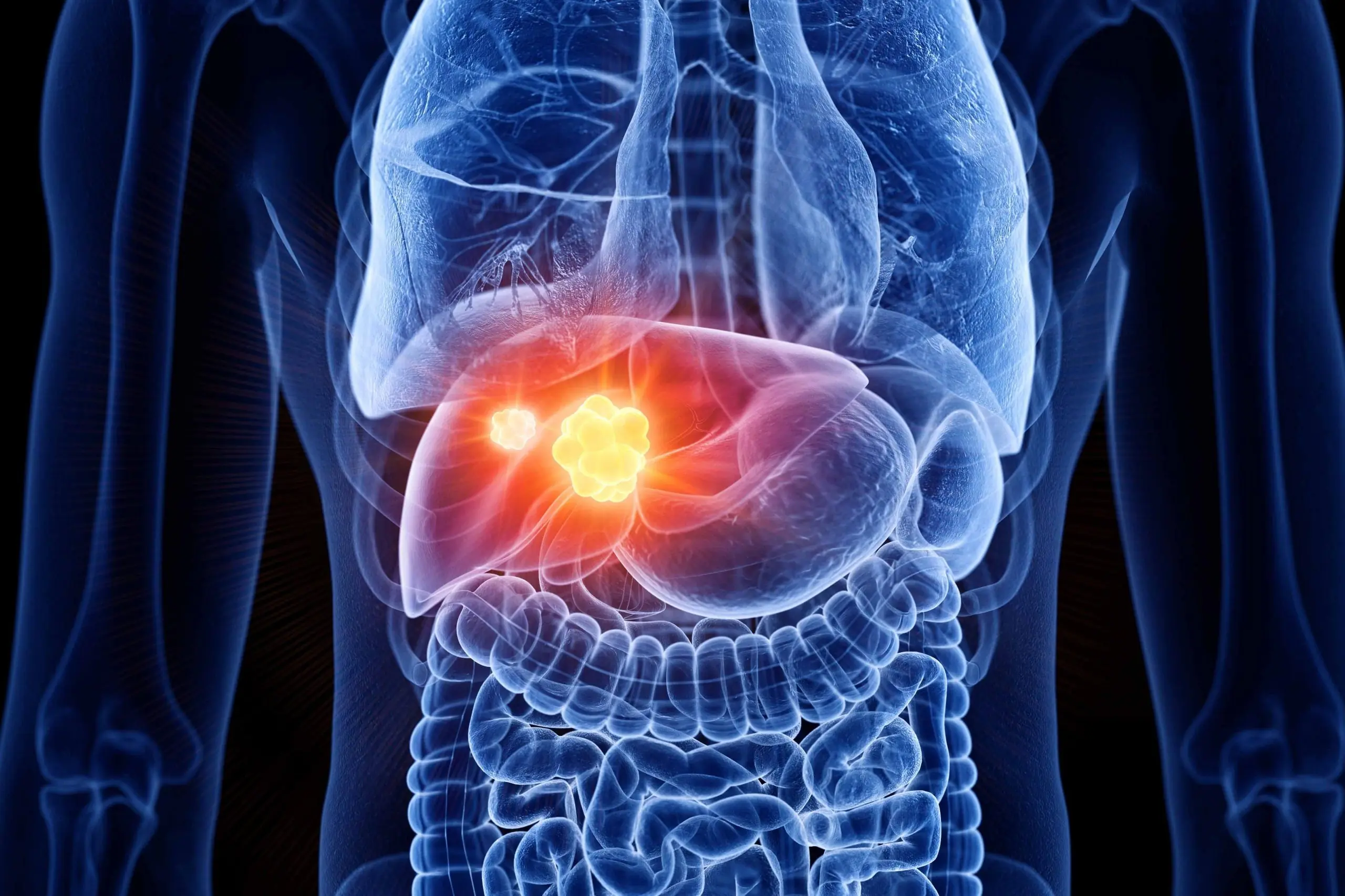
If Your Body Has a Bad Odor in These 3 Areas, It Could Mean Poor Liver Detox and Declining Function – Get Checked Before It’s Too Late!
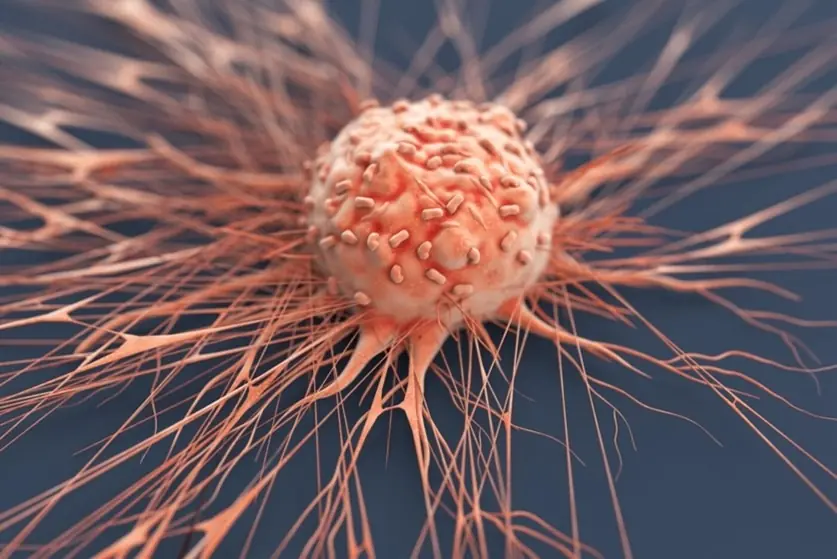
Warning: If You Notice This Symptom in Your Body, Go to the Hospital Immediately – It Could Be Late-Stage Nasopharyngeal Cancer

Astonishing Cancer-Fighting Power of One Juice — Even Doctors Are Surprised
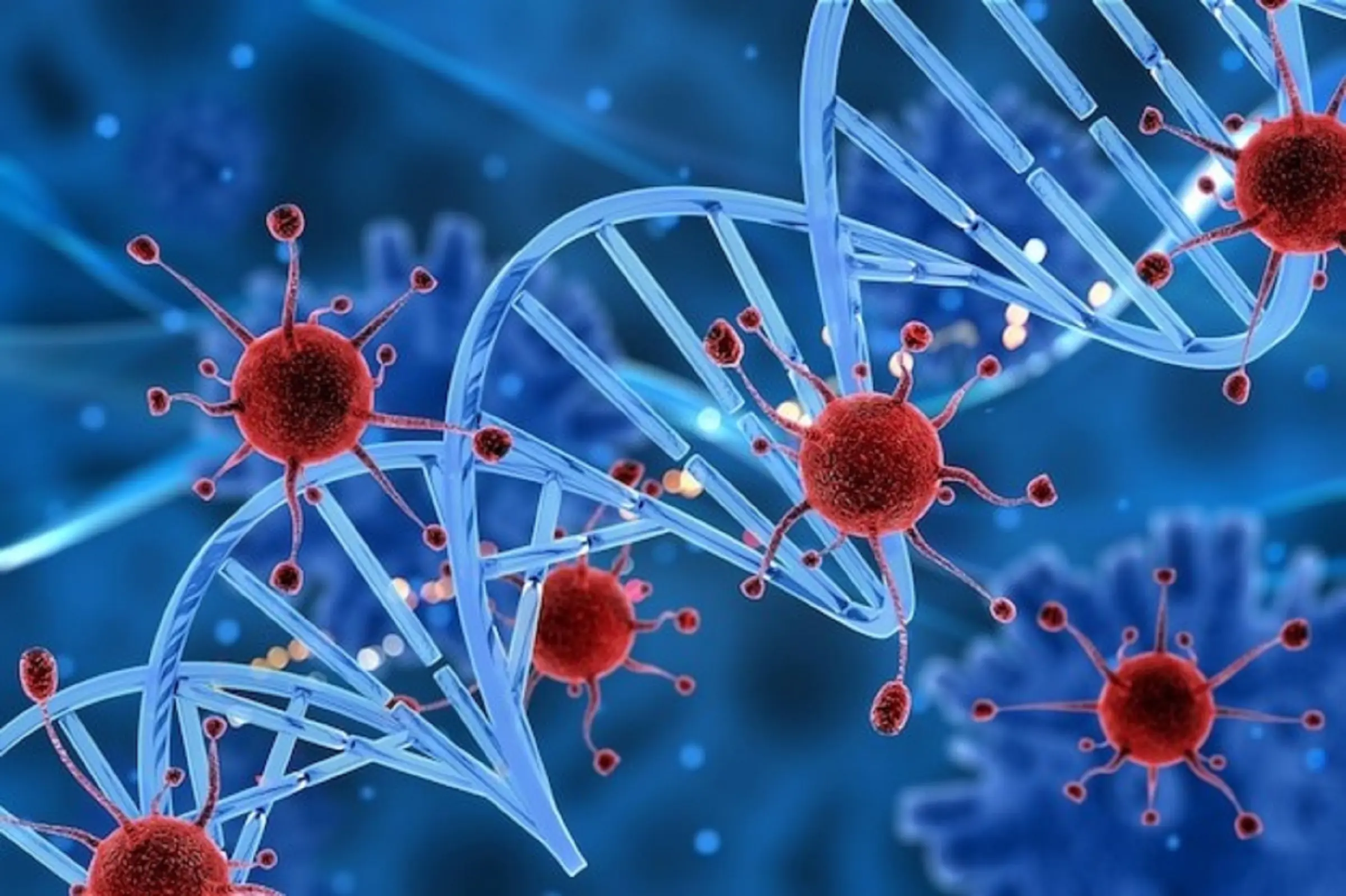
5 Types of Cancer with Over 90% Cure Rate: Early Signs Everyone Should Pay Attention To

Doctor's Advice: Whether You're Rich or Poor, Never Eat These 3 Foods for Breakfast – They Can Lead to Aggressive Cancer
News Post

31 Foods Experts Say You Should Avoid (Or Severely Limit)

Heart Surgeon Warns: 4 Foods and Drinks You Should "Always Avoid" to Protect Your Body

The first animal you spot in this visual reveals your ‘worst flaw’

Nature’s Secret Superfood: Why Purslane Is the Game-Changer Your Health Needs 🌿

🚫 Say Goodbye to Weevils: Easy Tips to Keep Your Beans and Rice Safe

People Shocked To Learn What Apollo 11 Astronauts Left Behind As Life Insurance

NASA Claims China’s Giant Dam Is Quietly Changing Time And Earth’s Balance

One Gram of DNA Can Store Around 215 Petabytes. More Data Than All of YouTube!

The Longest Walkable Distance On Earth Which No One Is Known To Have Completed

12-year-old girl dies of rare cancer—parents noticed worrying sign as she brushed teeth

Just Two Hours of Sitting in Silence May Spark Growth of New Brain Cells, Study Finds

This Military Sleep Method Helps You Fall Asleep In Less Than Two Minutes

Japan On Edge: Scientists Warn 82% Chance Of Megaquake That Could Kill 300,000
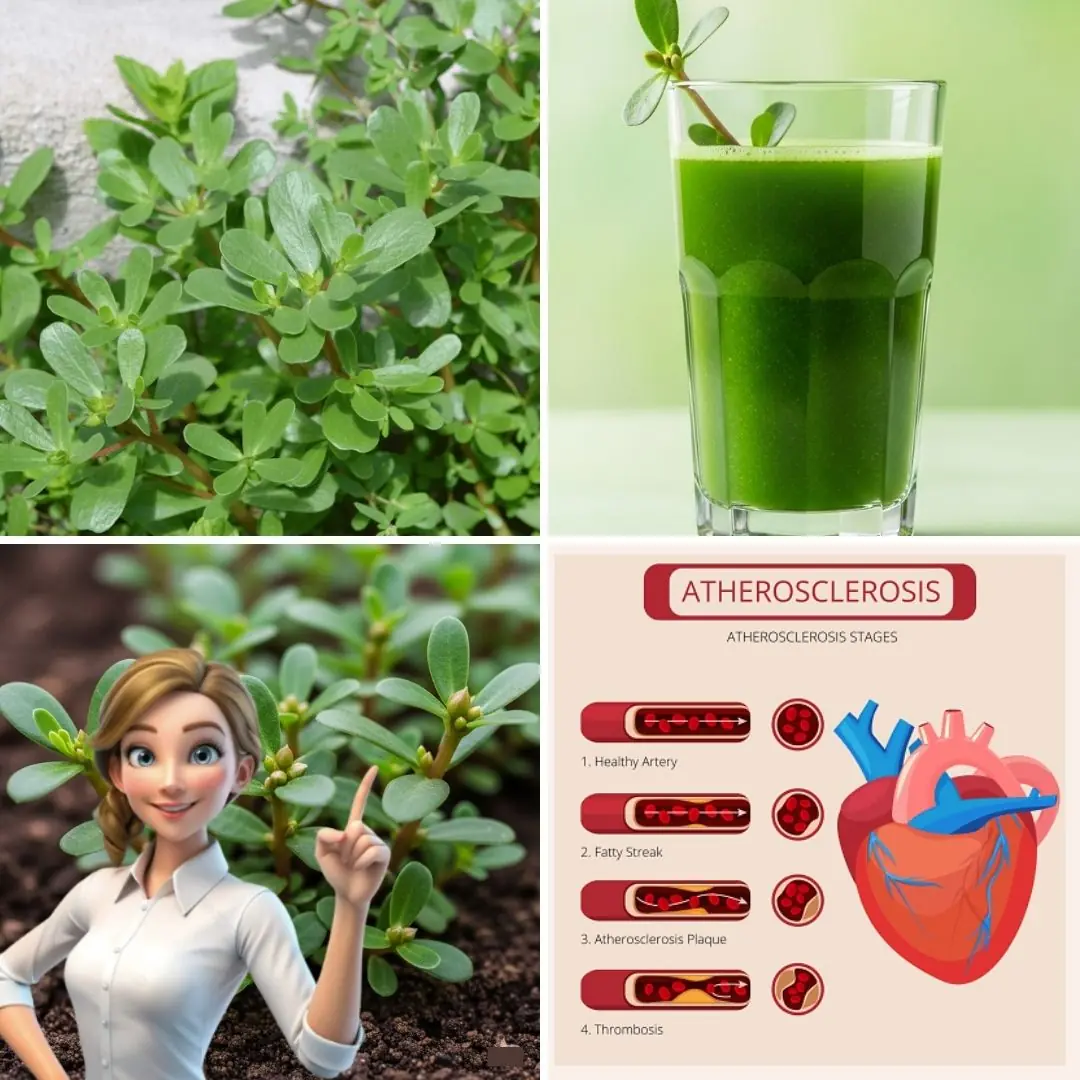
Purslane: The Humble Backyard Superfood You’ll Wish You’d Known Sooner

🥒🍋 Mix Chayote and Lemon — You'll Thank Me When You Discover What It's For!

Every Breath You Take Alters Your Visual Perception
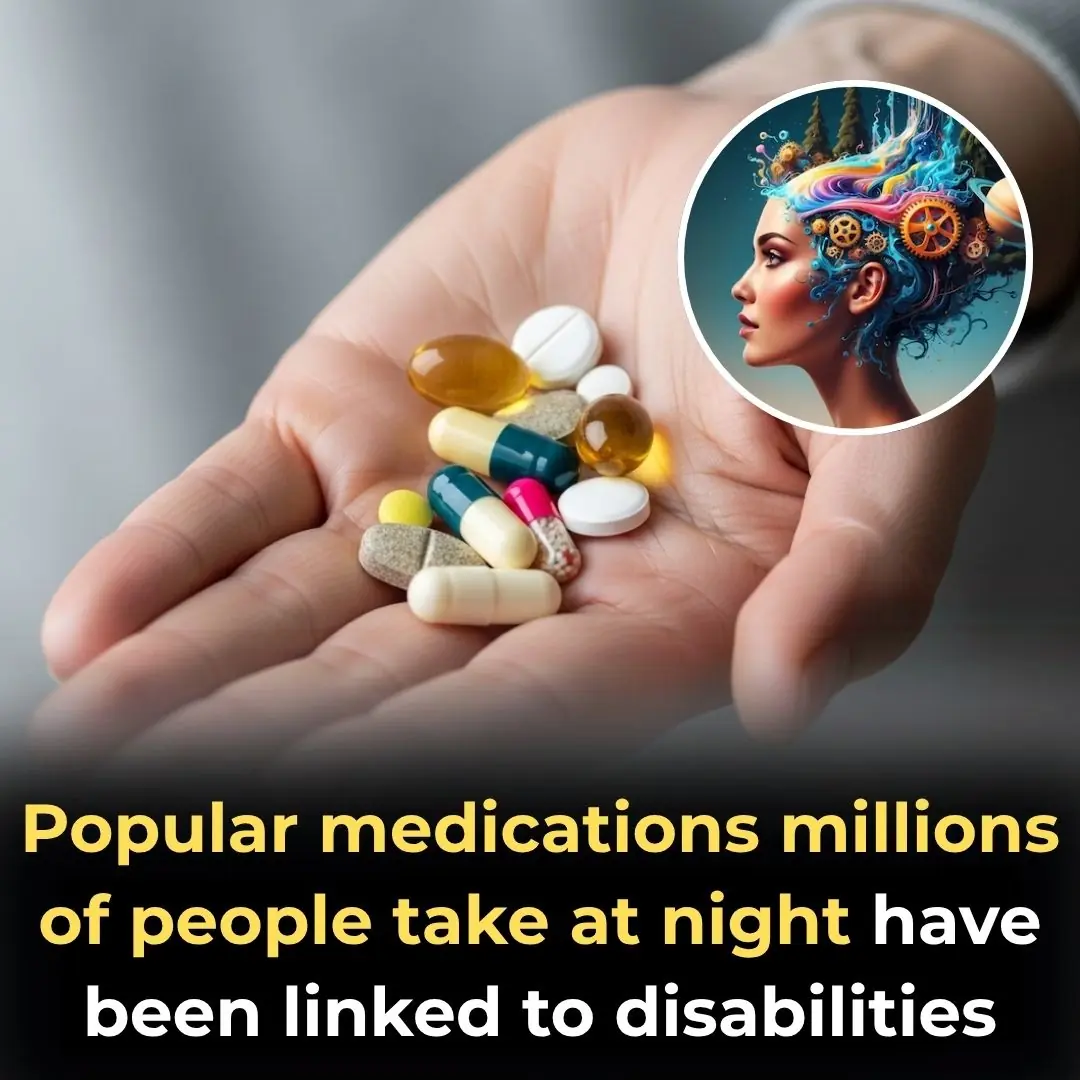
Popular Medications Millions Of People Take At Night Have Been Linked to Disabilities

10 Popular Ultra-Processed Foods Now Linked to Cancer, Study Confirms

A 9th-century onion and garlic remedy just killed 90% of antibiotic-resistant MRSA in lab tests
